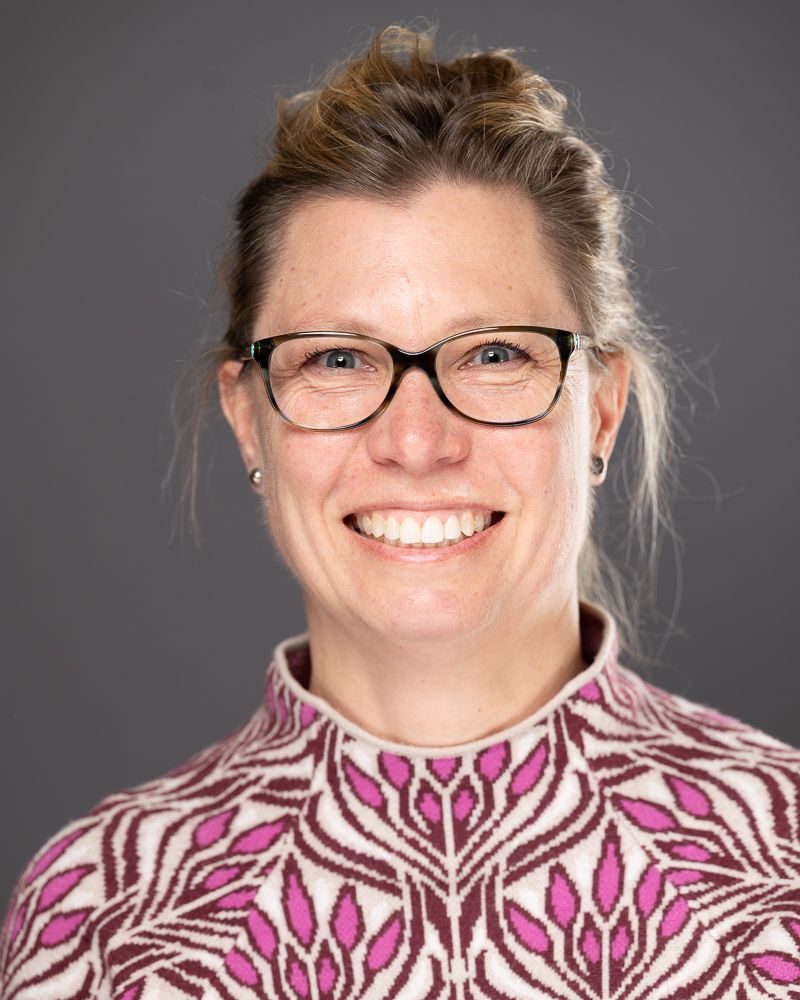Julia Kubanek
Contact Information
- julia.kubanek@biosci.gatech.edu
- Phone
- (404) 894-8424
- Fax
- (404) 385-4440
- Location
- ES&T 2242
- Research Group
- Kubanek lab
- Publication Links
- Google Scholar

Julia Kubanek
Professor and Vice President for Interdisciplinary Research
Awards
NSF CAREER Award 2002; PECASE Award 2004; Georgia Tech Blanchard Assistant Professorship 2005; Georgia Tech Hesburgh Teaching Fellow 2007; Georgia Tech College of Sciences Faculty Mentor Award 2009; Georgia Tech Faculty Woman of Distinction Award 2009; University of Gothenburg Waernska Guest Professorship 2010; Georgia Tech Sigma Xi Best Faculty Paper Award 2010; Silverstein-Simenone Award of the International Society of Chemical Ecology 2012; Elected Fellow of the AAAS 2012
Education
B.S., Chemistry, Queen's University, 1991; Ph.D. Organic Chemistry, University of British Columbia, 1998
Research
Most organisms use chemical signals to assess their environment and to communicate with others. Chemical cues for defense, mating, habitat selection, and food tracking are crucial, widespread in occurrence, and structurally and functionally diverse. Yet, our knowledge of chemical signaling is patchy, especially in marine environments. Processes such as oceanic primary production affect global climate, human health, and our sustainable use of environmental resources. In our research the Kubanek group asks, "How do marine organisms use chemicals to solve critical problems of competition, predation, disease, and reproduction?" We use an integrated approach to understand how marine natural products function as chemical cues in ecological interactions - working from the molecular to the community level. We also use ecological insights about how marine organisms use chemical cues to guide our discovery of novel natural products for drug discovery. We have core collaborations with research groups at Georgia Tech's Center for Aquatic Chemical Ecology, in which our group plays key roles as organic chemists, chemical ecologists, and chemical biologists. Ongoing projects include: 1) Waterborne chemical cues in the marine plankton: a systems biology approach (including metabolomics); 2) Exploration, conservation, and development of marine biodiversity in Fiji (including drug discovery, mechanisms of action, and chemical ecology); 3) Sensory environment and predator chemical signal properties in determining non-consumptive effect strength in cascading interactions on oyster reefs; 4) Regulation of red tide toxicity by chemical cues from marine zooplankton; 5) Chemoreception of prey chemical defenses on tropical coral reefs.